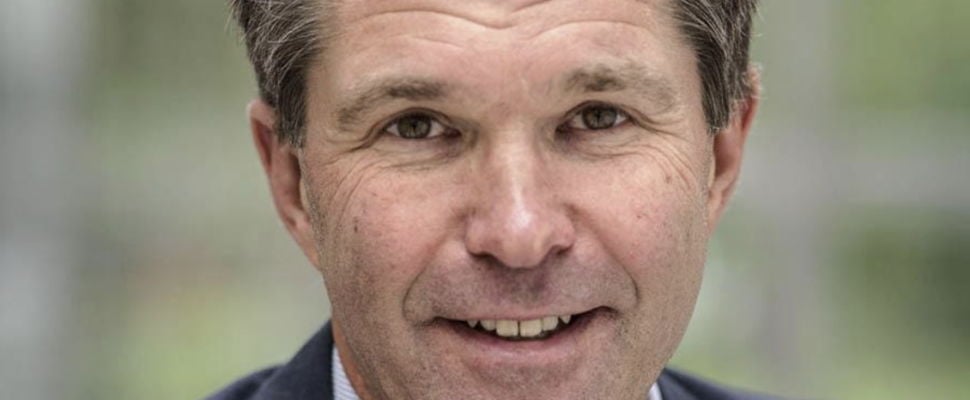Epidemiologist John-Arne Røttingen has had a long and distinguished career in both academia and industry, including stints at Oslo, Oxford and Harvard universities, as well as helping coordinate the WHO’s response to the West African Ebola virus epidemic of 2013-2016 and being the founding CEO of the Coalition for Epidemic Preparedness (CEPI).
The first lesson we learned [from the Ebola crisis] is that it is possible to carry out research in a low-resource setting in the midst of a crisis – such as the situation we faced in West Africa
John-Arne Røttingen
Currently CEO of the Norwegian Research Council but soon to take up a new role as Norway’s Global Health Ambassador, Røttingen recently spoke to PharmaBoardroom about the lessons that can be learned from the Ebola experience as the world continues to fight against the COVID-19 pandemic, the challenges of production and supply for ensuring that vaccines are distributed in emerging economies, and whether 2020 represents an opportunity to reconsider approaches to global health.
“The first lesson we learned [from the Ebola crisis] is that it is possible to carry out research in a low-resource setting in the midst of a crisis – such as the situation we faced in West Africa,” noted Røttingen, who led the steering group which oversaw the trial of Merck [MSD globally]’s Ebola vaccine in Guinea. He added, “The second lesson we learned is that, if we had been better prepared, we could have entered into phase III trials much earlier. That was the reason we founded CEPI – to carry out development work up until Phase II ahead of an outbreak.”
However, Røttingen is concerned that despite the large amount of research ongoing into COVID-19 and what some have hailed as “unprecedented” levels of collaboration between private sector actors, as well as with national and international institutions, this is not going far enough. “Institutions across the globe have done a lot of research into COVID-19 and evaluated a lot of different drugs,” he opined. “My concern now is that many of those trials have been too small and that there has been a lack of collaboration. I would have liked to see a higher proportion of patients in hospitals around the world enrolled in clinical trials. We could have learned a lot more through pragmatic trials of repurposed drugs before starting to test newly developed treatments.”
Expanding on the hurdles thrown up by COVID-19 in terms of research Røttingen stated, “The first challenge we faced came down to the fact that there were no existing technologies. Nonetheless, the race to develop a vaccine has been fantastic. Almost 200 different vaccine candidates have been registered by the WHO, and there are now 40 candidates going through clinical trials – ten of which are already in Phase III. This all happened in less than a year.”
Now, we need to create new mechanisms through which we can expand our capacity to detect and respond to infectious diseases and finance R&D. We can do so much more if we work together effectively
John-Arne Røttingen
However, Røttingen continued, “The challenge now comes down to issues of supply and production capacity. The only way to ensure access is to expand production by expanding the market. I was an early advocate for risk-based procurement deals, through which the procurer takes on the risk, and to pool these risks by collaborating in a joint global mechanism. Risk-based procurement deals allow production to start early. Starting production early gives us earlier access to vaccines. Risk-based procurement agreements also act to expand total production capacity by incentivizing the entry of other actors into the vaccine market. We formed the COVAX Facility as a means of entering into risk-based procurement agreements on the behalf of both self-financing and developing countries. If only rich countries had made risk-based procurement agreements, there could have been serious issues of limited supply.”
Looking to the future, Røttingen is hopeful that the current pandemic may represent an opportunity to rethink the way that we approach global health. “I hope that the world starts to realise that global health is not just about development, but that it is actually a global public good – particularly when it comes to health security and infectious diseases,” he proclaimed. “Now, we need to create new mechanisms through which we can expand our capacity to detect and respond to infectious diseases and finance R&D. We can do so much more if we work together effectively. We can be faster and better prepared. We also need to upgrade our existing institutions. The COVID-19 pandemic is paving the way for this institutional reform.”


